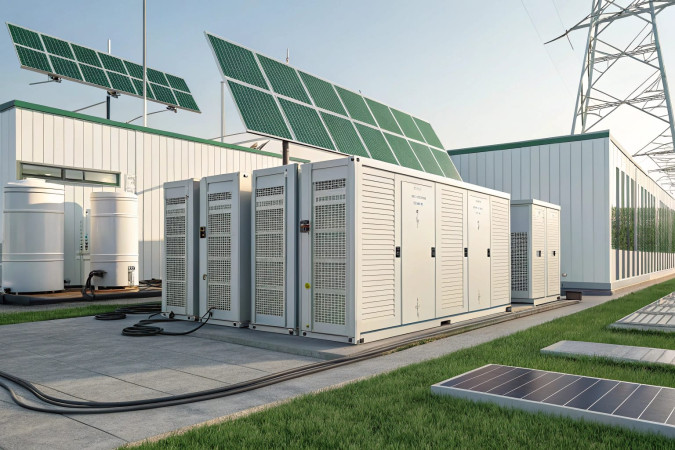
Follow India Renewable Energy News on WhatsApp for exclusive updates on clean energy news and insights
Mobilizing Finance Key to Achieving 500 GW RE by 2030: Union Minister Pralhad Joshi
Feb 26, 2025
Union Minister for New & Renewable Energy, Shri Pralhad Joshi, emphasized the critical role of financing in achieving India’s target of 500 GW renewable energy capacity by 2030. Speaking at the National Workshop on Mobilizing Finance for Renewable Energy in Mumbai, he urged financial institutions and policymakers to ensure accessible funding for the renewable energy sector. The workshop was organized by the Ministry of New & Renewable Energy (MNRE) and featured key discussions on financing utility-scale projects, emerging technologies, and distributed renewable energy (DRE) solutions.
Key Highlights from the Workshop
-
Scaling Up Renewable Energy Investments
- India’s Energy Demand Growth: As the country aims to become the third-largest economy, energy demand is set to double, requiring a rapid expansion of renewable energy.
- Financing Need: Union Minister of State, Shri Shripad Y. Naik, stated that Rs30 lakh crore is required for infrastructure, transmission, and storage to meet the 500 GW target.
-
Renewable Energy Financing Obligation (REFO)
- Shri Pralhad Joshi proposed a Renewable Energy Financing Obligation (REFO), similar to Renewable Purchase Obligations (RPOs), to ensure dedicated funding for RE projects.
- He urged banks to simplify lending processes for rooftop solar projects and reduce compliance burdens to accelerate deployment.
-
Progress in Renewable Energy and Green Hydrogen
- Current RE capacity has reached 222 GW, with record-low solar tariffs of Rs2.15 per unit in Madhya Pradesh.
- India is leading in Green Hydrogen (GH2), securing major export orders, ahead of several developed nations.
-
Key Discussions in the Workshop
- Utility-scale RE financing: Challenges for developers, banks, and NBFCs, including interest rates and risk assessment.
- Emerging RE technologies: Offshore wind, floating solar, and green hydrogen investments.
- Distributed Renewable Energy (DRE): Financing challenges for rooftop solar, canal-top PV, and Agri-PV.
- Regulatory measures for financial institutions: RBI guidelines, sector-specific lending policies, and strategies to enhance funding for RE.